Planting Wheat
All Planting Wheat Content
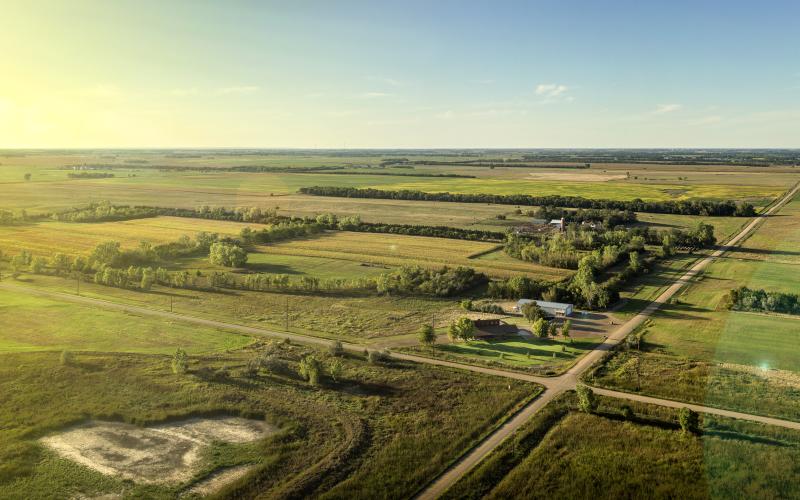
Crops
During the growing season, SDSU Extension provides weekly production recommendations.
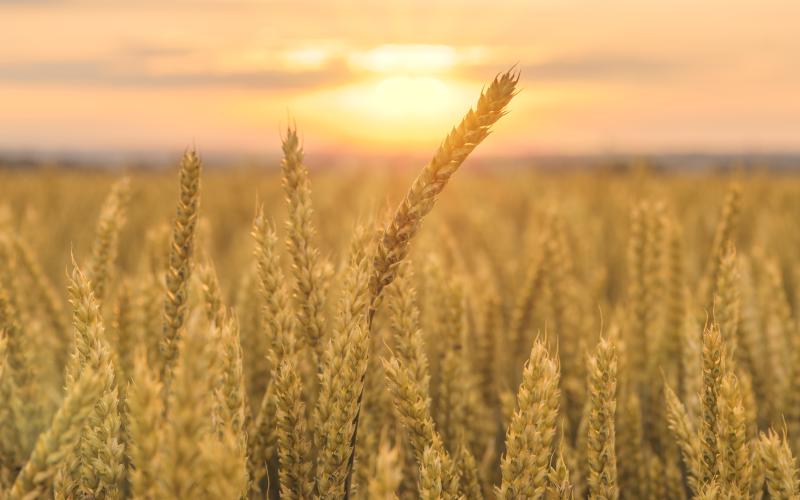
Spring Wheat Variety Trial Results
The 2025 spring wheat variety trials were planted throughout various locations in South Dakota.

Cover Crops
The benefits of planting cover crops are numerous.

Wheat
The SDSU Extension team provides unbiased, research-based information to help wheat growers make decisions to improve yields and profits.
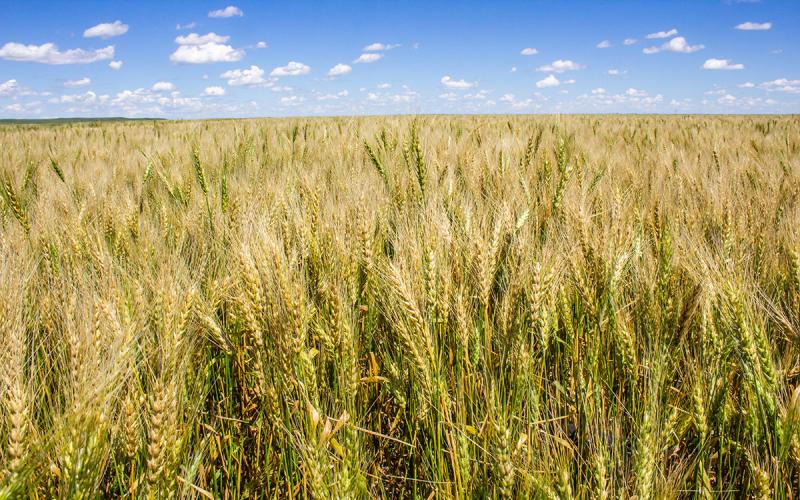
Winter Wheat and Nitrogen: Decisions for 2026 Growing Season
With fertilizer representing one of the largest variable costs in wheat production, inefficient nitrogen use can quickly erode profit margins. This being said, an emphasis should be placed on how to improve nutrient management during the 2026 growing season.
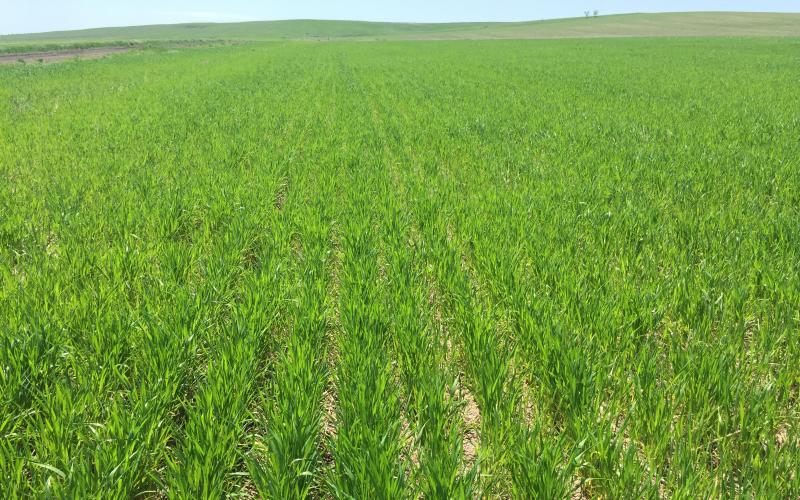
Winter Wheat Variety Trial Results
The Winter Wheat Variety Trial Results are crop performance testing data from various locations across South Dakota.
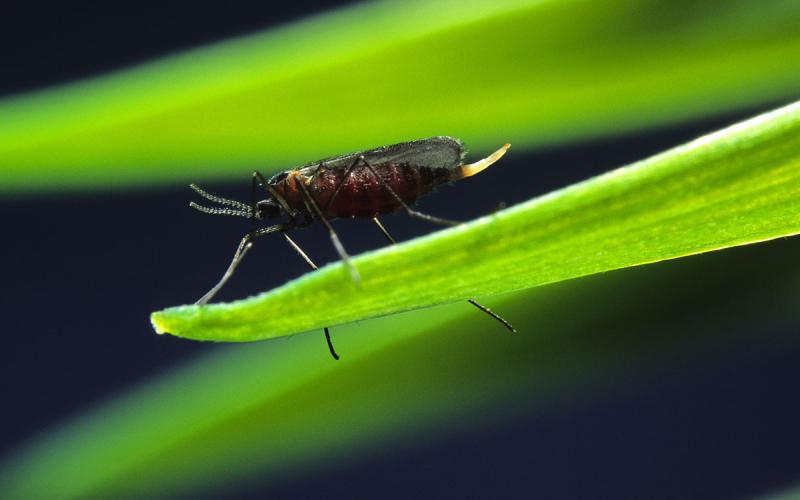
Hessian Fly: Winter Wheat Planting Date Considerations
As winter wheat planting rapidly approaches, there are many factors that should be considered. One of those factors is choosing a planting date to avoid Hessian fly issues. Learn some expert tips for selecting a safe planting date for your region.
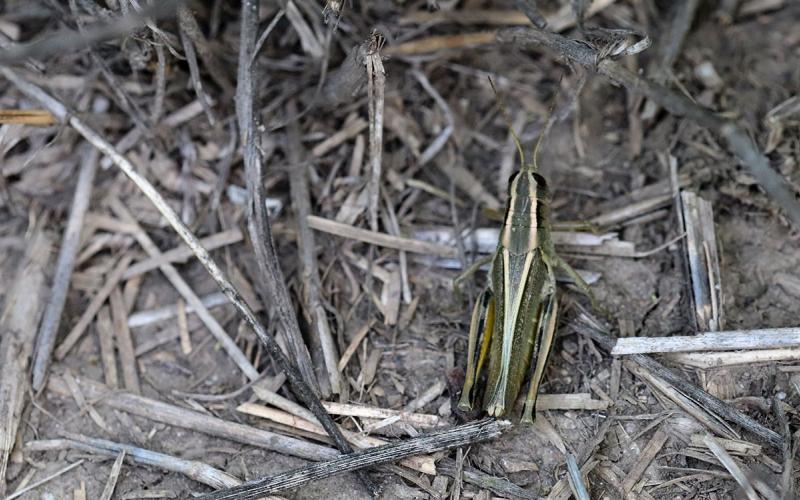
Monitor Emerging Winter Wheat for Grasshopper Populations
Large grasshopper populations have been observed in many areas of South Dakota. It is important to scout winter wheat fields for grasshoppers before and after planting, especially in areas where large populations have been identified.

Volunteer Wheat and Kochia Management With Herbicides Will Likely Require Two Passes
Wheat curl mites, which carry wheat streak mosaic virus, use volunteer wheat and grass weeds as secondary hosts to infest recently planted winter wheat crops. Therefore, effective management of these plants before winter wheat planting is critical.
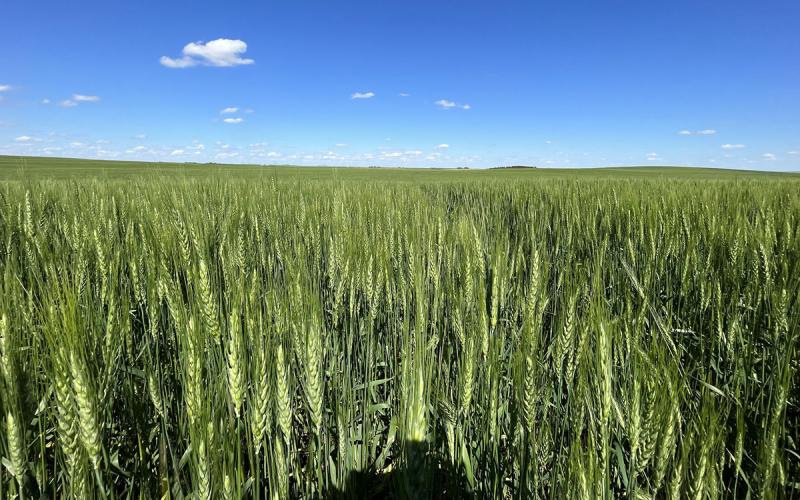
Optimizing Wheat Success for 2025
With spring and warmer temperatures arriving in South Dakota, now is the ideal time to start planning your wheat crop for the upcoming growing season.